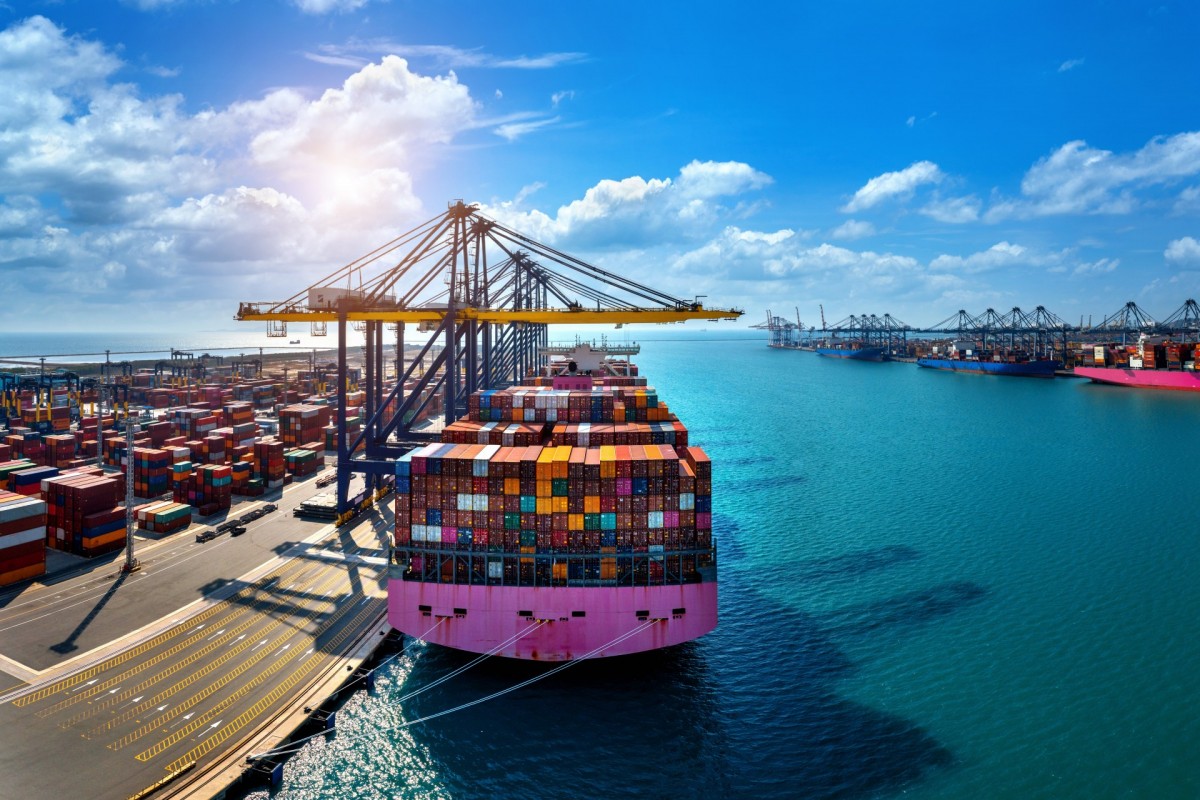Will the deglobalisation trend fuel inflationary pressure?
If inflationary pressure is caused by this deglobalisation trend, and not the undermining of central bank independence, then it is likely to be experienced by all countries, not just the US.

President Trump’s depiction of Powell as being “Mr too late” and a “major loser” is hardly a way to endear the president of the Federal Reserve, let alone deliver the rate cuts that Trump so desperately seems to want. But it would not be the first time. Trump spent much of 2018 and 2019 criticizing high Fed rates, with the bank only relenting in July 2019 with its first rate reduction. If the Fed held out against Trump then, the suspicion is that it will do so again unless, of course, the economy falls off a cliff.
All of this might make it seem that Trump is calling for the Fed to lower rates. But it is not as counterproductive as it seems, for blaming the Fed at this stage leaves him with a perfect scapegoat should the Fed hold firm and economy deteriorate badly. Indeed, by pressing the Fed this early, we might conclude that the Trump Administration is really panicking that the economy will tumble.
Of course, we can still argue that this criticism of Powell is ultimately counterproductive because a steep economic downturn will harm Republican election chances in the mid-terms, and perhaps right out to the next presidential election. But Trump will (probably) not fight the 2028 election and seems unlikely to let the 2026 mid-terms sway his view on Powell.
However, as we saw with tariffs, there is a constraint on the president that comes from the financial markets and seems far more powerful than any Republican member of Congress. Undermining Fed independence by removing Powell before the end of his May 2026 term as Chair will surely have the bond vigilantes sharpening their knives again after the wounds inflicted from Trump’s tariff tantrum. “While we don’t doubt that US asset prices would be dealt a severe blow should Powell be removed or resign of his own accord, we do not think that either will happen”, said Steven Barrow, Head of Standard Bank G10 Strategy.
A second point is that we’ve always been a bit more sceptical than most that central bank independence is as important as the likes of Powell would have us believe. Many analysts argued that this supposedly golden era of central bank independence, and the deliverance of low inflation (up to the 2021/2 surge), has far more to do with the globalisation that we’ve seen over recent decades; particularly that associated with China’s entry to the World Trade Organisation (WTO) in 2001. Essentially, globalisation delivered low inflation and central banks claimed the credit for it by citing their independence.
Now this is not to deny that central bank independence might have had some role to play as well; but Steven Barrow thinks it has been quite modest relative to the role globalisation has played. The irony is that President Trump played a key part in reversing this globalisation during his first term in office and has turbocharged the deglobalisation trend with his tariffs since he won a second time. What this is likely to mean is that US inflation will be higher; not necessarily because Fed independence is compromised by Powell’s removal, but because of accelerated deglobalisation bought on by the Administration’s policies.
A corollary of this is that, if inflationary pressure is caused by this deglobalisation trend, and not the undermining of central bank independence, then it is likely to be experienced by all countries, not just the US. The danger, as we see it is that central banks outside the US can’t see this looming price pressure because they are too fixated on the growth-sapping properties of US tariffs. And, in cutting rates to head off recessionary risks, the banks are probably just storing up more price pressure for the future. “This is what we saw during the pandemic as the inflationary implications of the 2020 outbreak did not show up as supply-related price pressure until 2021/22. The cost of this was a dramatic rise in policy rates, and it could happen again”, said Steven Barrow.








